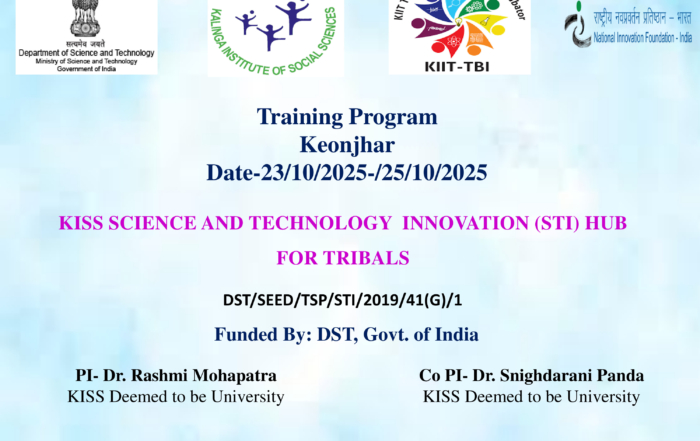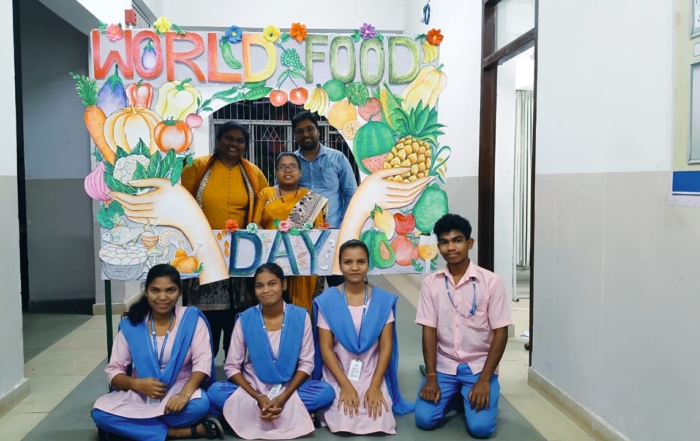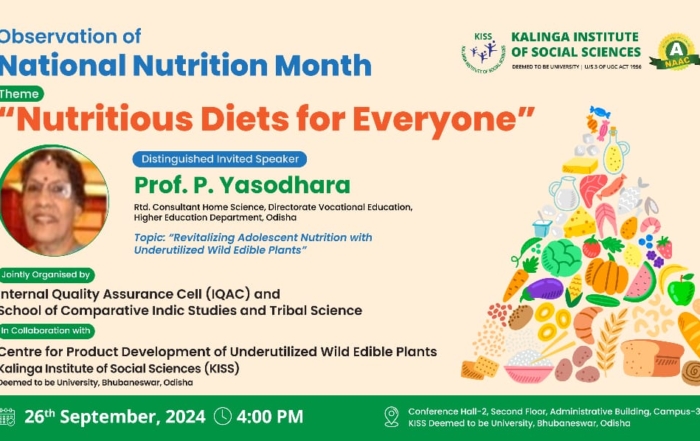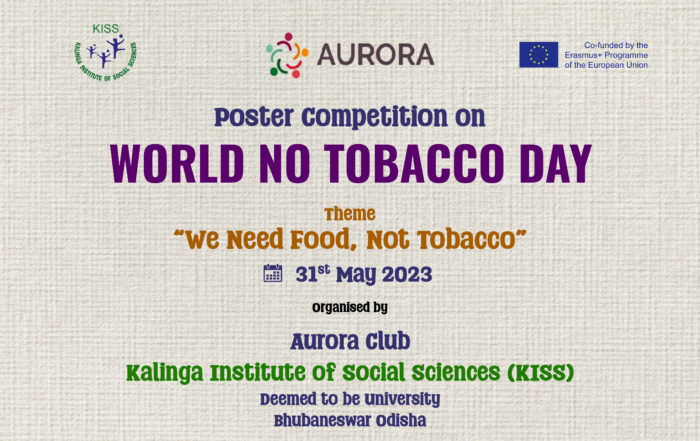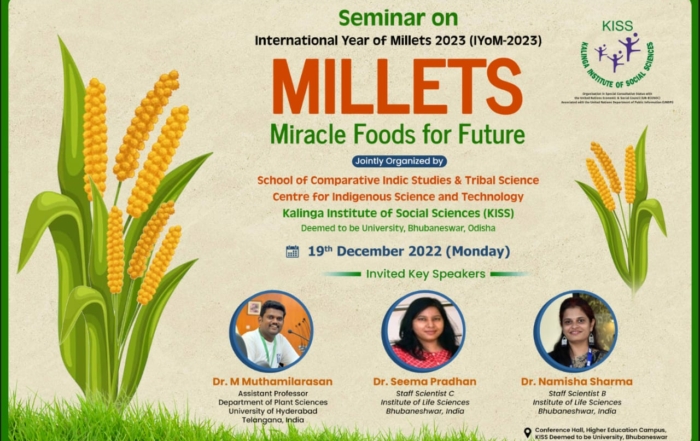SDG 2: End hunger, achieve food security and improved nutrition and promote sustainable agriculture
- End hunger and ensure access by all people, to safe, nutritious and sufficient food all year round
- End all forms of malnutrition, including achieving the internationally agreed targets on stunting and wasting in children under 5 years of age, and address the nutritional needs of adolescent girls, pregnant and lactating women and older persons
- Double the agricultural productivity and incomes of small-scale food producers, in particular women, indigenous peoples, family farmers, pastoralists and fishers,
- Ensure sustainable food production systems and implement resilient agricultural practices that increase productivity and production, that help maintain ecosystems, that strengthen capacity for adaptation to climate change, extreme weather, drought, flooding and other disasters and that progressively improve land and soil quality
- Maintain the genetic diversity of seeds, cultivated plants and farmed and domesticated animals and their related wild species, including through soundly managed and diversified seed and plant banks at the national, regional and international levels, and promote access to and fair and equitable sharing of benefits arising from the utilization of genetic resources and associated traditional knowledge, as internationally agreed
- Increase investment in rural infrastructure, agricultural research and extension services, technology development and plant and livestock gene banks in order to enhance agricultural productive capacity.
- Correct and prevent trade restrictions and distortions in world agricultural markets, including through the parallel elimination of all forms of agricultural export subsidies and all export measures with equivalent effect, in accordance with the mandate of the Doha Development Round
- Adopt measures to ensure the proper functioning of food commodity markets and their derivatives and facilitate timely access to market information, including on food reserves, in order to help limit extreme food price volatility
Activities Undertaken
- The Mega Kitchen of KISS, featured in National Geographic, helps to provide nutritious food for all our students by harnessing steam as a sustainable source of energy.
- Providing balanced meals with high micro-nutrients and protein value to all our students.
- Reducing malnutrition among indigenous children in the campus by providing them with nutritious food.
- Research projects aimed at addressing food security through sustainable food systems has been implemented in collaboration with international universities: TIGR2ESS Project with Cambridge University (https://kiss.ac.in/tigr2ess/, https://tigr2ess.globalfood.cam.ac.uk/partners ) and Project CHIRAG with University of East Anglia (https://kiss.ac.in/project-chirag/ )


